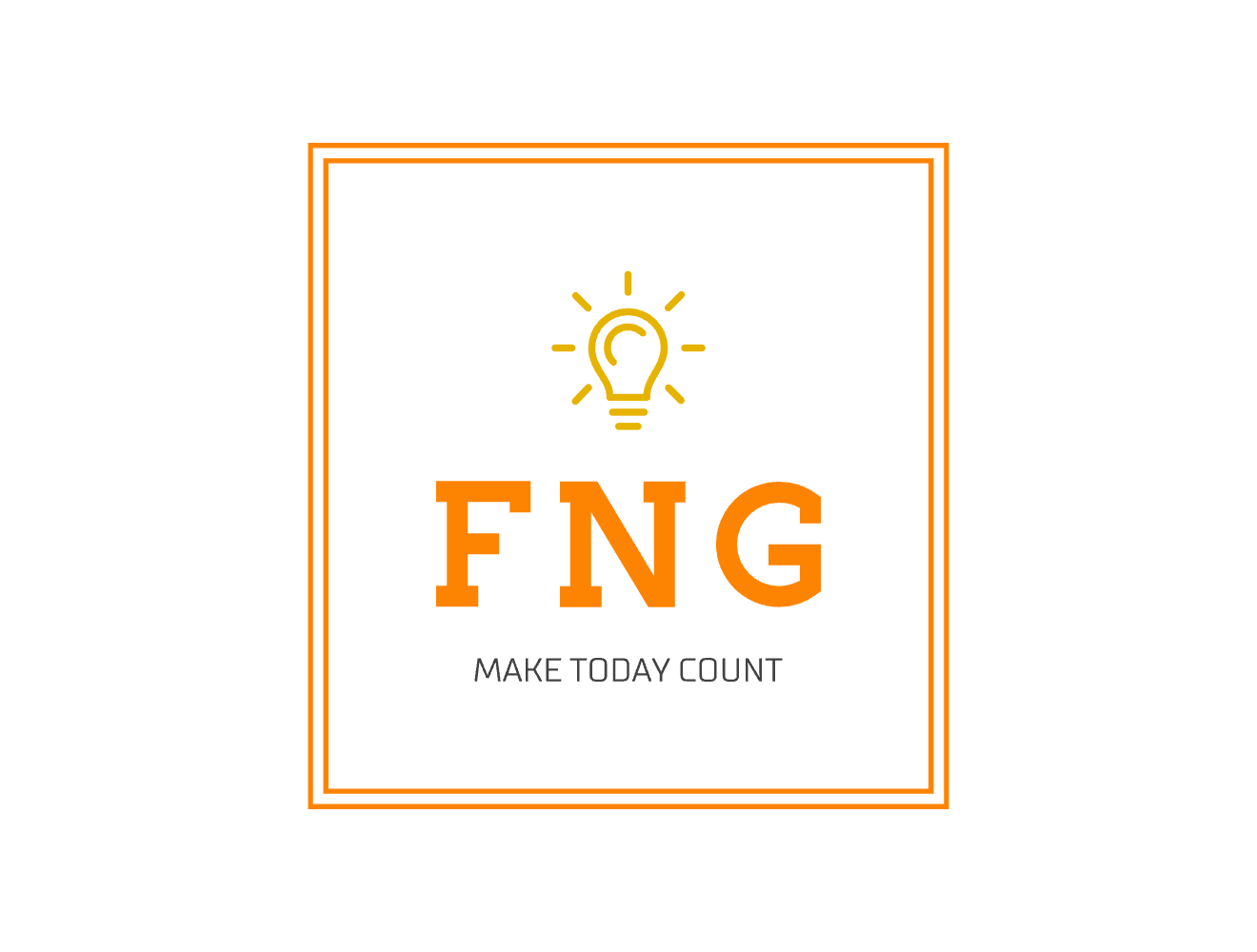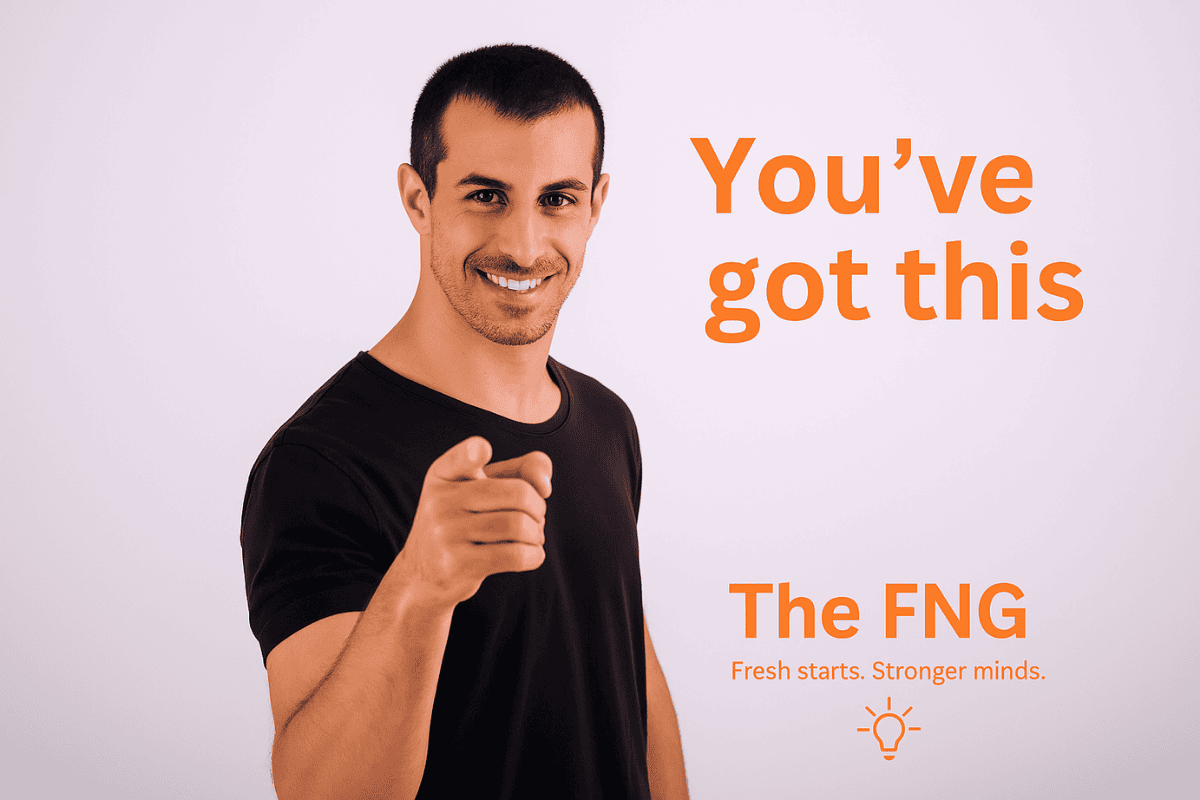Every FNG starts with excitement: a spark of an idea, the decision to step forward, the energy to begin. And then the doubts come. Sometimes from others, sometimes from yourself. The question is never really whether others believe in you—it’s whether you believe in yourself.
Why Doubt From Others Affects Us
Humans are wired to seek approval. When partners, friends, or colleagues question our choices, it shakes us. But what really unsettles the FNG isn’t their disbelief—it’s the way it mirrors our own fears. Other people’s doubts hit hardest when they echo something we already suspect.
The solution? Build self-understanding so you can tell the difference between your own concerns and the projections of others.
Self-Belief as the Foundation
Confidence doesn’t arrive as a gift from others—it grows from action. Each time you commit, follow through, and learn, you reinforce your ability to trust yourself. Self-belief isn’t arrogance. It’s a quiet conviction that says, I’ll figure this out, even if I stumble along the way.
The FNG doesn’t need external validation to move forward. What the FNG needs is clarity of purpose and a steady trust in their own judgement.
Lessons From Those Who Chose Themselves
History shows us the power of self-belief:
- James Dyson built over 5,000 failed prototypes before he trusted himself enough to get it right.
- J.K. Rowling was rejected repeatedly before choosing to back her own story.
Their common thread? They believed in themselves enough to continue. They didn’t need others to believe first.
The Danger of Seeking Validation
Validation feels good, but it can be addictive. When the FNG becomes dependent on approval, momentum stalls. You wait for permission that never comes.
Instead, shift the focus inward:
- Ask yourself, Do I believe in this idea?
- Reflect, am I doing this for approval, or because it matters to me?
By grounding your decisions in self-understanding, the noise of outside opinions becomes less disruptive.
Handling Doubt From Loved Ones
When scepticism comes from close relationships, it hurts. But again, the work starts within. The FNG must recognise: their concern is theirs, not yours. Communicate openly, yes. Set boundaries, yes. But above all, anchor in your own sense of self.
Practical steps:
- Share your why—help them see your reasoning.
- Protect your energy—limit time spent with constant negativity.
- Balance the voices—seek constructive allies who reinforce your confidence without blind praise.
The Only Regret Worth Fearing
Failures fade. Regrets linger. Most people don’t look back wishing they had stayed in their lane. They regret not trusting themselves enough to step out.
For the FNG, regret doesn’t come from trying and failing—it comes from abandoning something because you were too afraid of how it might look. Self-belief protects you from that.
Building Your Self-Vision
If confidence comes from within, how do you strengthen it?
- Clarify your values. Know what matters to you and why.
- Track small wins. Each success reinforces trust in yourself.
- Challenge the inner critic. Replace “I can’t” with “I’ll learn.”
- Reflect regularly. Self-understanding grows when you pause to notice progress.
Like The Farm, growth happens slowly, through consistent attention. Belief in yourself is cultivated, not inherited.
Closing Thoughts
The question is never whether others believe in you. The real question for the FNG is: do you believe in yourself enough to proceed? Doubt will always be there—sometimes louder, sometimes softer. But the only belief that matters is the one you hold about your own capacity to grow.
Trust the process, FNG. Keep the faith.




